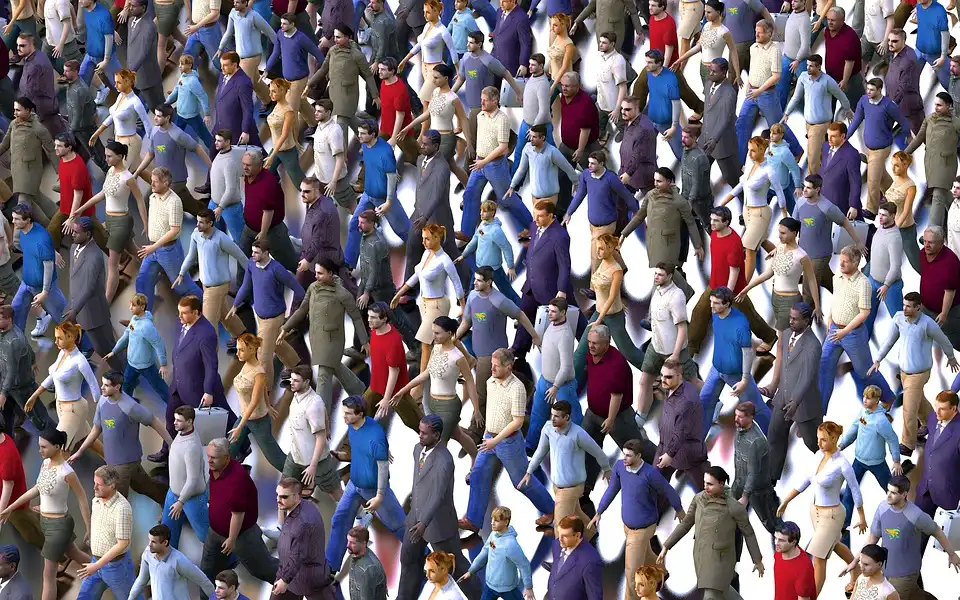Synchrony and Social Cognition

People regularly move in time with one another. We sing, dance and even walk in time with those around us. A great deal of work has now shown that moving in time together has pro-social consequences, such as increasing liking, rapport, and cooperation towards co-actors. However, these social effects of coordination go beyond the pro-social. Coordination also has a dark side leading people to be more likely to comply with the destructive requests of our co-actors. Our work in this area explores how, why and when coordination has the social consequences it does.
Through various quantitative and mixed methods studies, this research highlights how coordination may lead to co-actors identifying as common group members, which explains the social consequences coordination has and why it has them. This group formation framework explains how coordination leads to various socio-cognitive consequences by leading individuals to view themselves and their co-actors in common group terms. This leads to an individual’s sense of self becoming temporarily diluted as an interdependent identity becomes more salient, thus leading to a range of pro-group consequences.
Our work shows that it’s not only strict in-phase synchronythat’s capable of having pro-social effects but also other forms of coordination and even imagined coordination, though incidental coordination, which is not intentional, does not lead to the same effects. These pro-social effects persist outside the lab for at least 24 hours and may be mediated by deindividuation. Greater pro-sociality is only seen towards those who engage in the coordination, not observers. Equally, greater pro-sociality is not seen when people coordinate with common group members. Together these findings suggest that coordination may be fostering a common group mentality amongst co-actors, which explains the board myriad of effects coordination has. After coordinating, people are more likely to view their identities in more social ways, and both actual and imagined coordination can even reduce prejudice towards disenfranchised groups.